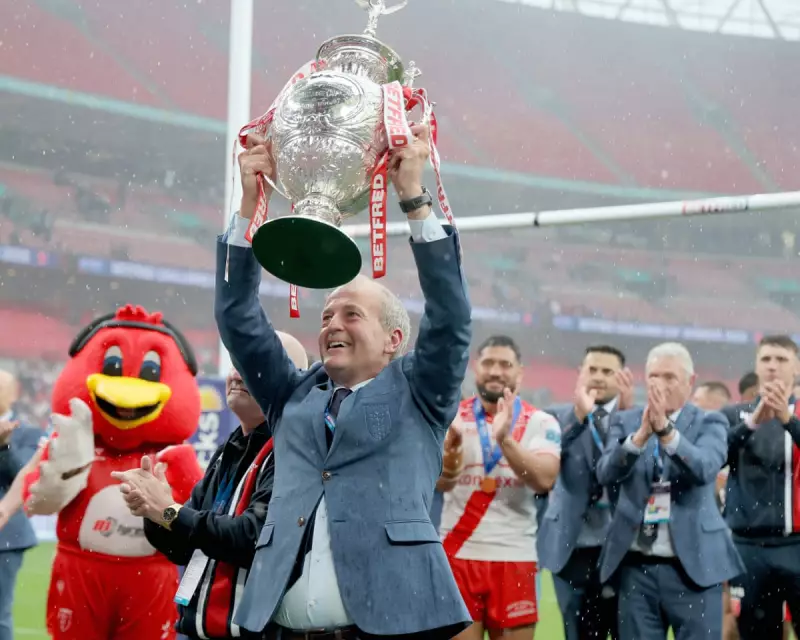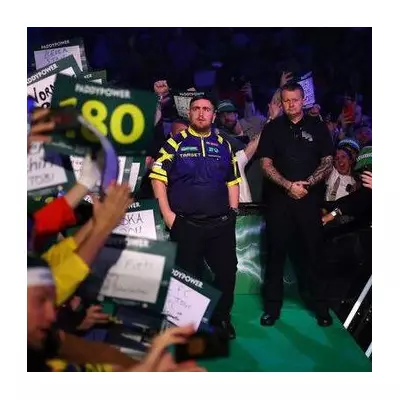
In a remarkably frank discussion that cuts through the usual sporting platitudes, Neil Hudgell, the man synonymous with Hull Kingston Rovers, has laid bare both his deep concerns and unwavering hopes for the future of rugby league.
A Chairman's Candid Confession
After two decades at the helm of his beloved club, Hudgell doesn't mince words about the state of the game he loves. "I'm worried about rugby league," he states bluntly, pointing to the sport's precarious financial footing and its struggle to compete in an increasingly crowded sporting marketplace.
The property lawyer turned club chairman reflects on his unexpected journey in rugby administration, admitting he never anticipated staying so long. Yet his commitment remains undimmed, driven by a profound connection to a club that represents more than just sport to its community.
The Financial Reality Check
Hudgell pulls no punches about the economic challenges facing the sport. With broadcasting revenues stagnating and operating costs rising, he describes a landscape where clubs are perpetually "living on the edge."
"We're not football," he acknowledges, highlighting the stark financial disparity between rugby league and its more commercially successful cousin. This reality shapes every decision, from player recruitment to stadium improvements.
Rival Codes and Regional Challenges
The interview reveals particular concern about rugby union's growing encroachment into traditional league heartlands. Hudgell identifies this as an existential threat, noting how union's professional structure and financial muscle are luring both players and fans.
He also addresses the unique complications of operating in Hull, where the city's divided loyalties between Rovers and Hull FC create both intense rivalry and shared challenges in a relatively small market.
Blueprint for Survival and Growth
Despite the sobering assessment, Hudgell outlines a clear path forward. He advocates for:
- Strategic governance reform to create more sustainable business models
- Enhanced commercial partnerships to broaden revenue streams
- Grassroots investment to secure the sport's future talent pipeline
- Innovative engagement strategies to attract new audiences
His vision extends beyond mere survival to meaningful growth, emphasising the sport's unique selling points: its pace, physicality, and deep community connections.
The Personal Investment
What emerges most powerfully is Hudgell's personal commitment. This isn't just business; it's passion. He speaks of the club as a family legacy and community institution, acknowledging the emotional weight of stewardship.
His determination to leave the club and the sport in better health than he found it drives his continued involvement, even as he contemplates eventually passing the baton.
Through this candid conversation, Hudgell emerges not just as a club chairman but as a guardian of rugby league's soul—realistic about its challenges but fundamentally optimistic about its future.




